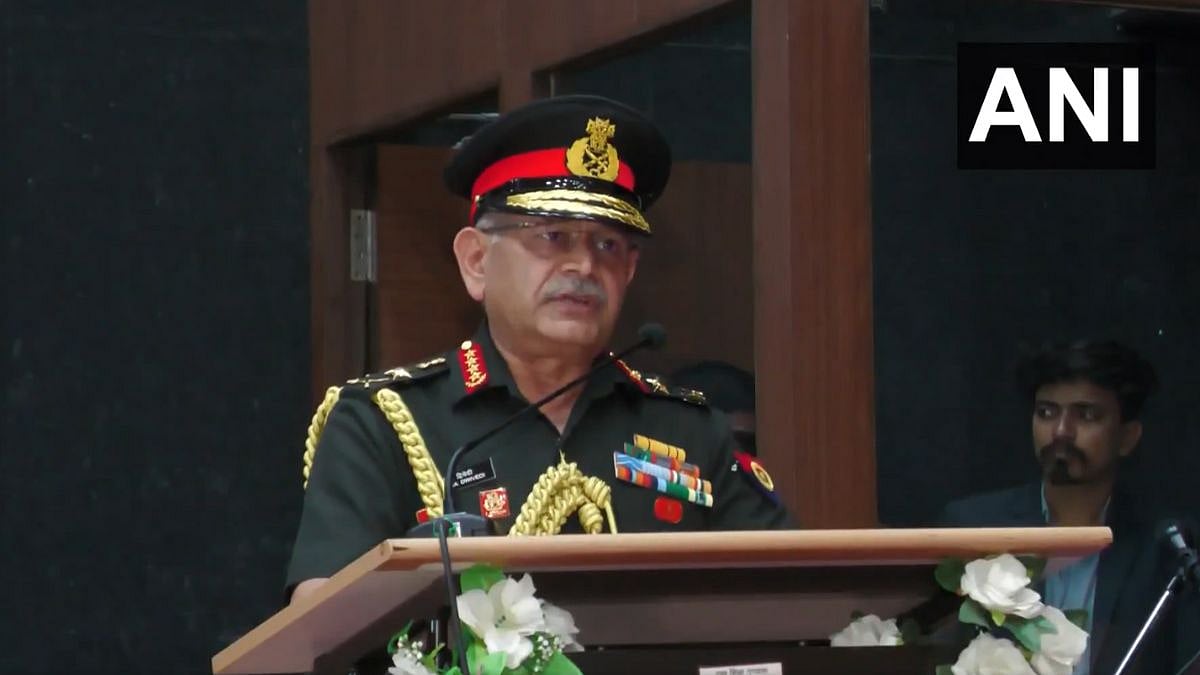The Bombay High Court will hear on Wednesday the petition filed by State minister and NCP leader Nawab Malik seeking quashing of the case registered against him by the Enforcement Directorate (ED) in an alleged money laundering case linked to fugitive underworld don Dawood Ibrahim.
Malik was arrested on February 23 by the ED and was remanded in the investigating agency’s custody till March 3.
The NCP leader had filed the plea on Monday stating that his arrest was illegal, and sought immediate release and quashing of the case. He has also sought quashing of the special PMLA court’s order remanding him to ED custody.
On Tuesday, his advocate Taraq Sayed mentioned the petition for hearing before a division bench headed by Justice P B Varale seeking urgent hearing. However, the judge informed that they were not available for the rest of the week.
Sayed then mentioned the petition before division bench headed by justice S Shinde seeking urgent hearing. Justice Shinde too said the bench was not available on Wednesday.
However, the court said that the matter shall be listed for hearing before a bench headed by Justice S B Shukre on Wednesday.
His plea alleges that his arrest was “illegal” and that he was targeted for being a “vocal critic of the misuse of central agencies”. He has further contended that he is not the first to be targeted and this is a worrying trend across the nation, where central agencies are being misused by the party in power.
“The political rivals of the petitioner naturally have been deeply embarrassed by the exposes carried out by the petitioner and the present brazen and completely illegal action of the ED is to try to muzzle him,” his plea read.
Besides, he has claimed that he has no connection with any anti-national accused named in the FIR registered by the NIA which is the basis of the ED's case.
His plea states that he was forcibly picked up from his residence by the ED officials on February 23, without any notice or summons under section 41A of the Criminal Procedure Code. Further, Malik has contended that the case pertains to property purchased two decades ago, when PMLA was not enacted. Hence, there cannot be any retrospective application of the Act.





.png)



